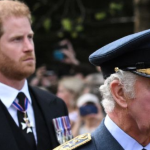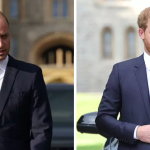Raymond steps into a weekend of family reunion bearing the scars of past battles with infertility and a divorce that left him adrift. Yet, an unexpected confrontation with his niece, Annie, over painful accusations thrusts him into the turbulent depths of family loyalty and self-discovery.

Hey everyone, it’s Raymond here. I’m 35 and have always been the “family guy,” always looking out for everyone. Two years after my divorce due to infertility issues that both my ex-wife, Darin, and I faced, I found solace in supporting my niece, Annie, who’s like a daughter to me. I started a college fund for her in 2019, hoping to see her off to her chosen college with one less worry. But this past weekend, everything changed.
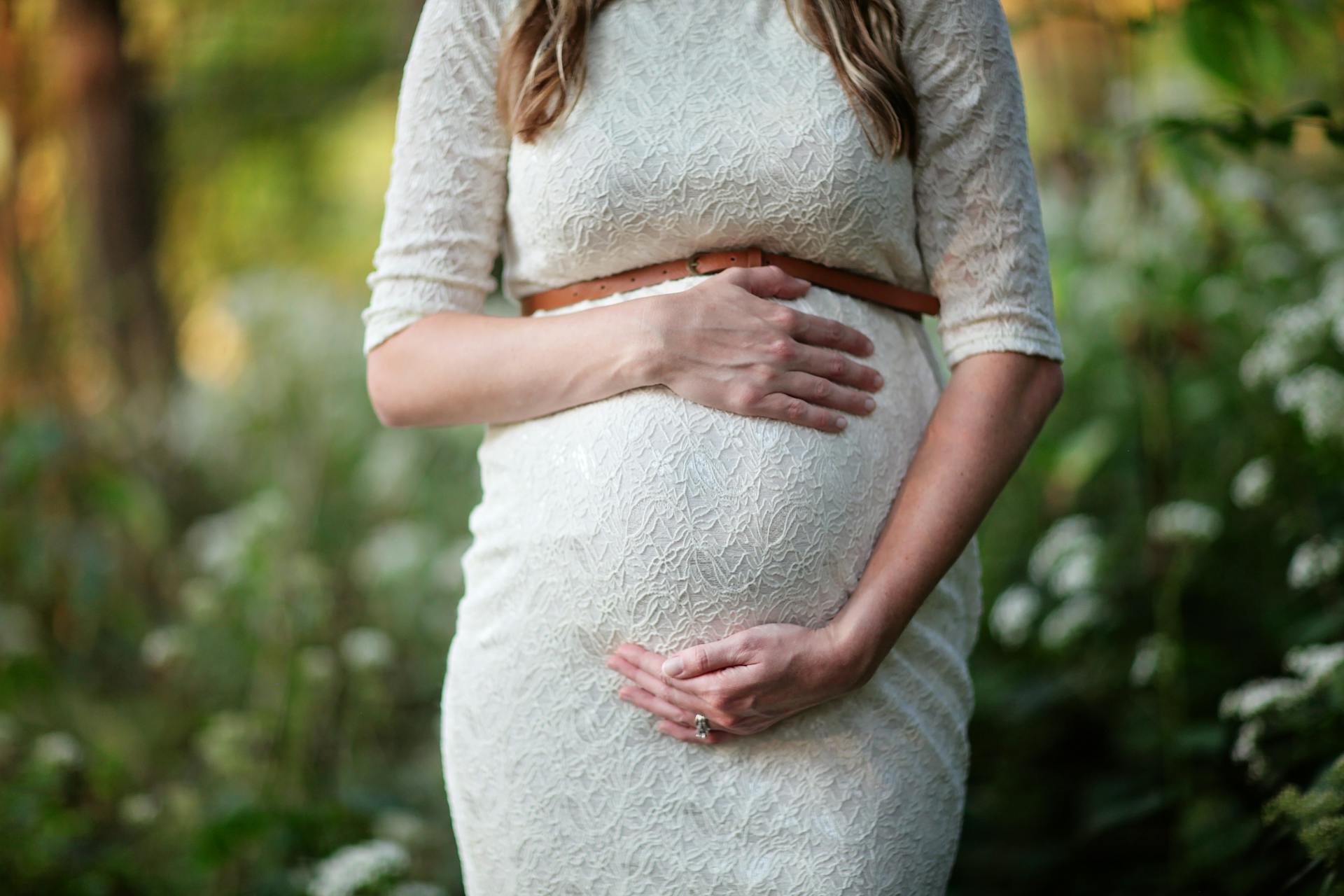
“I told you so, I told you so,” she repeated, her voice laced with a vindication that stung. “I always knew Uncle Raymond was the problem. He just couldn’t admit it because of his fragile masculinity.”
The glass of water forgotten, I retreated upstairs, feeling a mix of shock, betrayal, and hurt so acute it was almost physical. How could Annie, whom I loved like my own, say such things? And about something so deeply personal and painful?
Later, as I was about to leave and still shaken, my mom and Jane noticed something was off. They pressed me for answers, but all I could manage was to tell them what I had heard.
Annie stopped eating and went silent, and Jane tried to downplay it, saying Annie was just a kid who didn’t understand these things, that she was “spouting nonsense.”
I couldn’t stand it and left despite their protests; I later texted Jane to express how devastated I was by Annie’s words. I told her I couldn’t continue funding Annie’s education, not after this.
Jane’s attempts to call were ignored, and even though she texted back, saying Annie didn’t mean it and offering an apology, I couldn’t bear it. The thought of being in the same room with someone who blamed me for my own heartache was too much.
My mom tried to mediate, saying Annie didn’t deserve to lose my support over this, but the wound was too fresh. I haven’t seen them since. It’s hard for me to open up about personal struggles, especially something as sensitive as infertility.
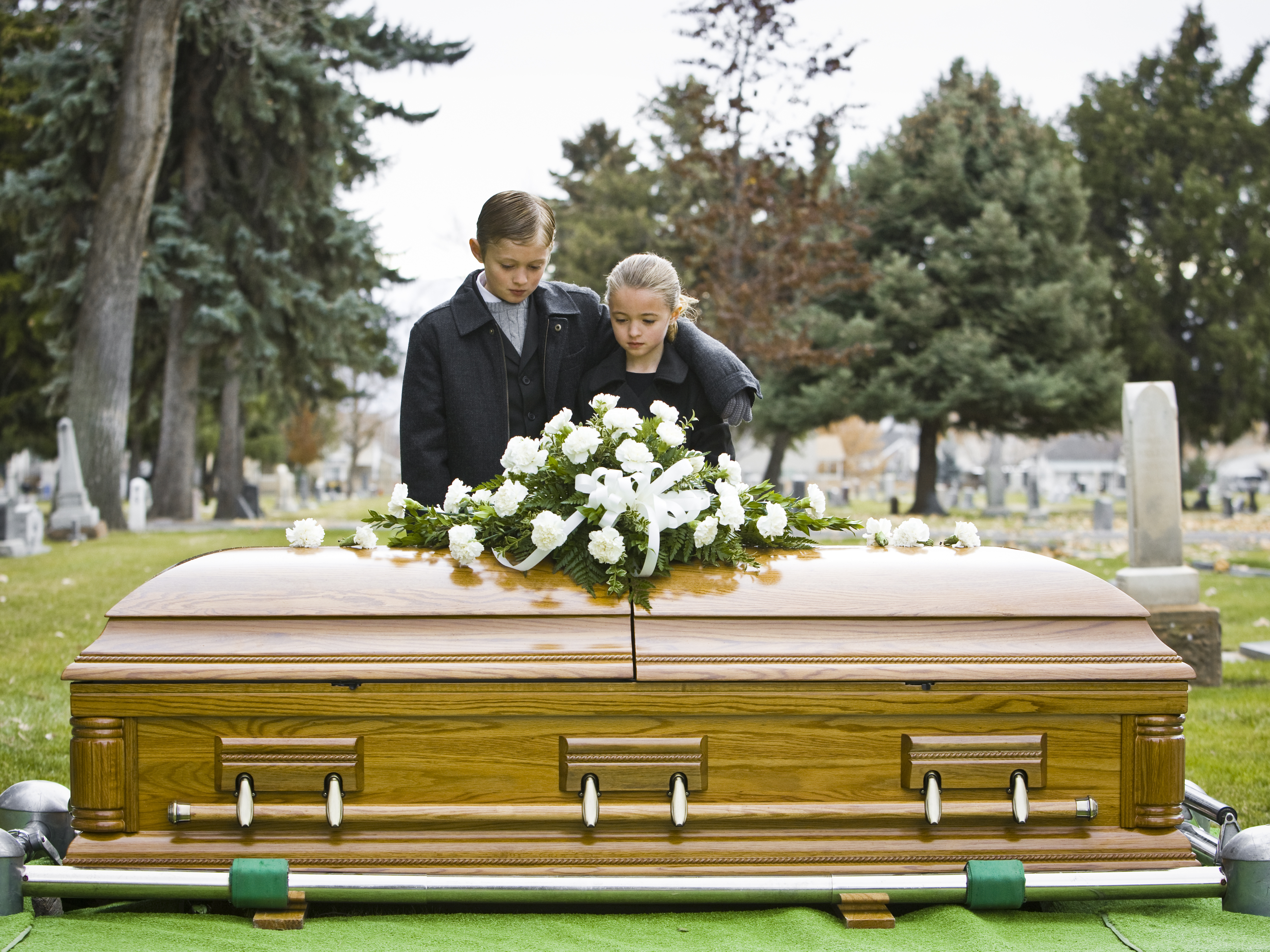
Admitting that I was hurt enough to withdraw Annie’s college fund was difficult. I love her deeply, and I understand the pain of losing a parent young — my dad died in an accident when I was 11.
Adding to the complexity, the fertility issues weren’t solely mine; they were shared between my ex-wife and me. But now, with Darin’s pregnancy, it seems the narrative within my family has shifted to lay the blame solely at my feet. It’s a heavy cross to bear, and one I’m still learning to navigate without letting it consume me.
After the fallout, the weeks stretched into months, each day layered with its own silent reflection. The air between Annie and me was thick with unsaid words and unspent emotions, a chasm that seemed too vast to bridge. Yet, in the heart of a 16-year-old girl, remorse took root, growing into a resolve to mend what was broken.

Annie’s journey of introspection led her to a simple, yet profound act of penitence. She penned a letter to me, each word soaked in the sincerity of her regret. Alongside the letter, she crafted a scrapbook — a collection of moments frozen in time, each photograph, each ticket stub, a reminder of the bond we shared. It was a tangible echo of laughter and love, a narrative of our shared past.
When she presented these tokens of her remorse to me, it wasn’t just the weight of the paper I felt in my hands, but the weight of her earnest desire to heal our rift.
The letter was an unguarded confession of her newfound understanding of empathy and the scrapbook, a bridge she built back to me. In that moment, as I absorbed her heartfelt words and journeyed through our memories, the sharp edges of my hurt began to soften.

Moved by her gesture, I decided to reinstate the college fund. It was more than a financial commitment; it was a testament to the belief in second chances, in the capacity of the human heart to grow and forgive.
Annie, however, stood firm in her resolve, insisting she could not accept the fund. Her refusal was not born out of pride but from a deep-seated sense of fairness. She believed it unjust to benefit from my generosity after the pain she had caused, showcasing a maturity far beyond her years.
As life ushered in new chapters, Emily entered my life, bringing with her a light of hope and love. Together, we discovered we were expecting a baby, a miracle that seemed to rewrite my past sorrows into a narrative of hope. The infertility that once defined my life with Darin was a matter of compatibility, a fact laid bare by the new life Emily and I were about to welcome.
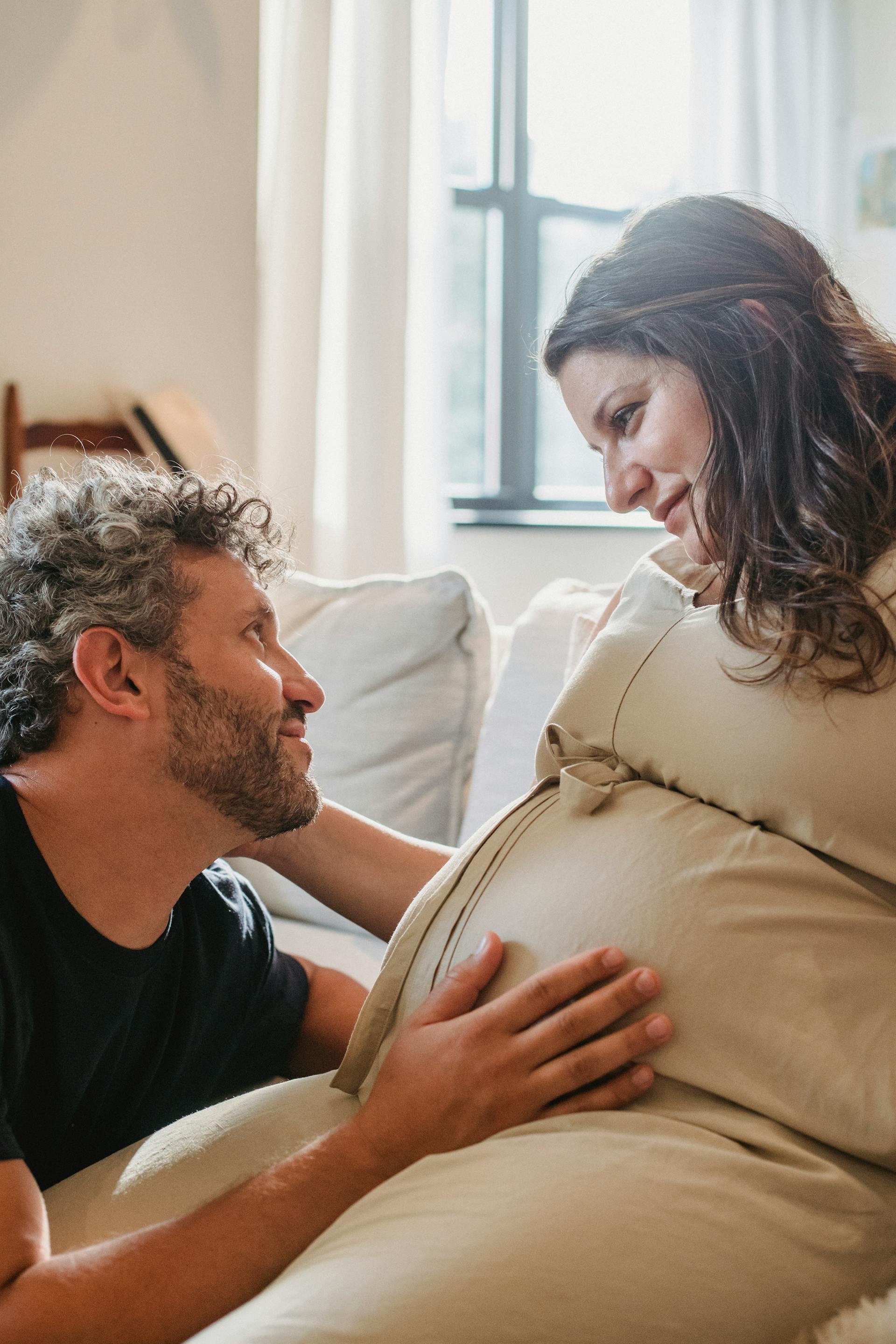
Annie’s excitement for our growing family was palpable. She channeled her energy into organizing a baby shower that was nothing short of magical. It was a day suffused with joy, a celebration of new beginnings that she orchestrated with all the love and support in her heart.
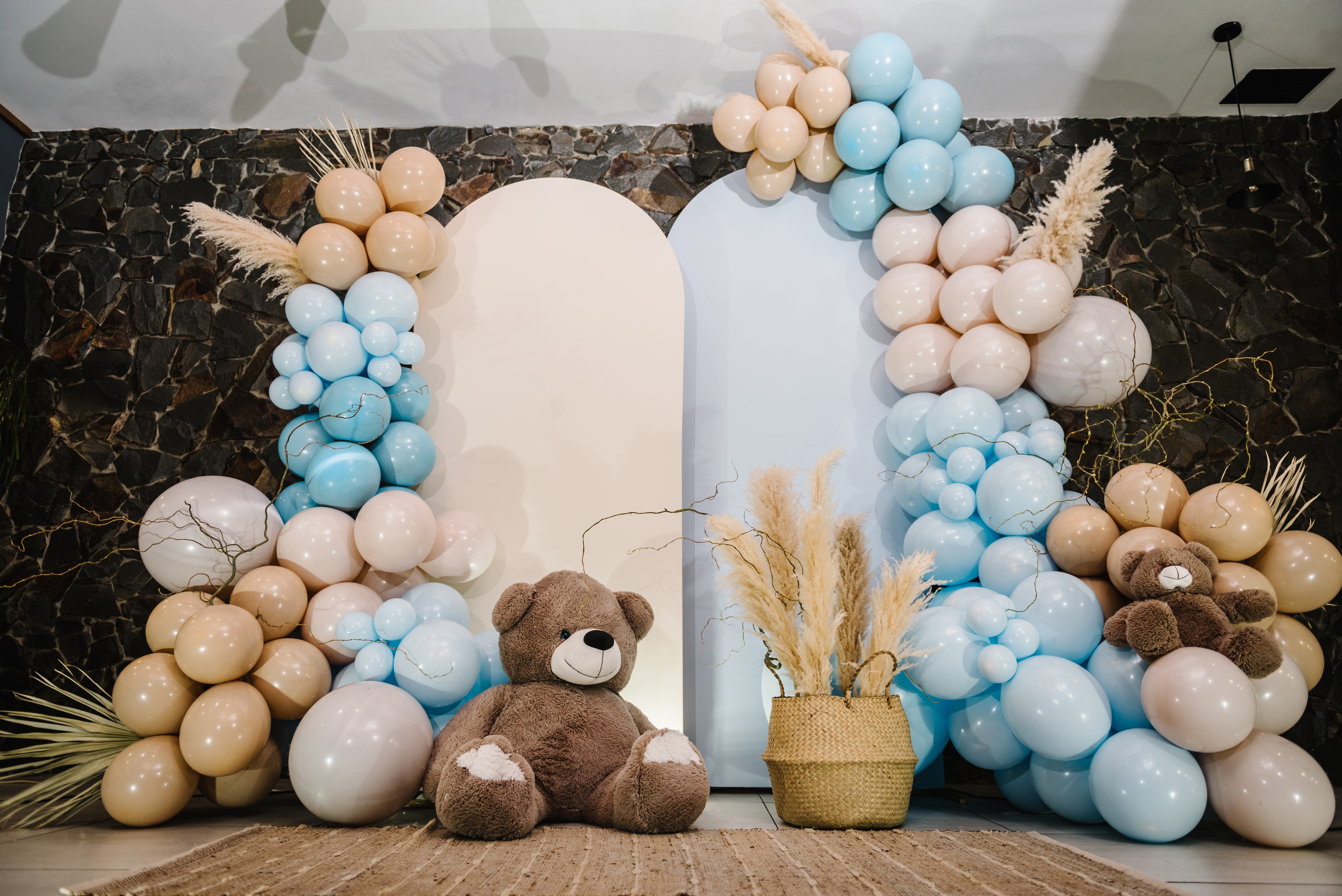
As the baby shower drew to a close, Annie’s words, “Good thing you saved that money for college, the baby’s going to need it!” sparkled with humor and warmth. It was a moment of light-heartedness that resonated with everyone there. Her ability to inject humor into our healing process reminded me of the Annie I had always known and loved.
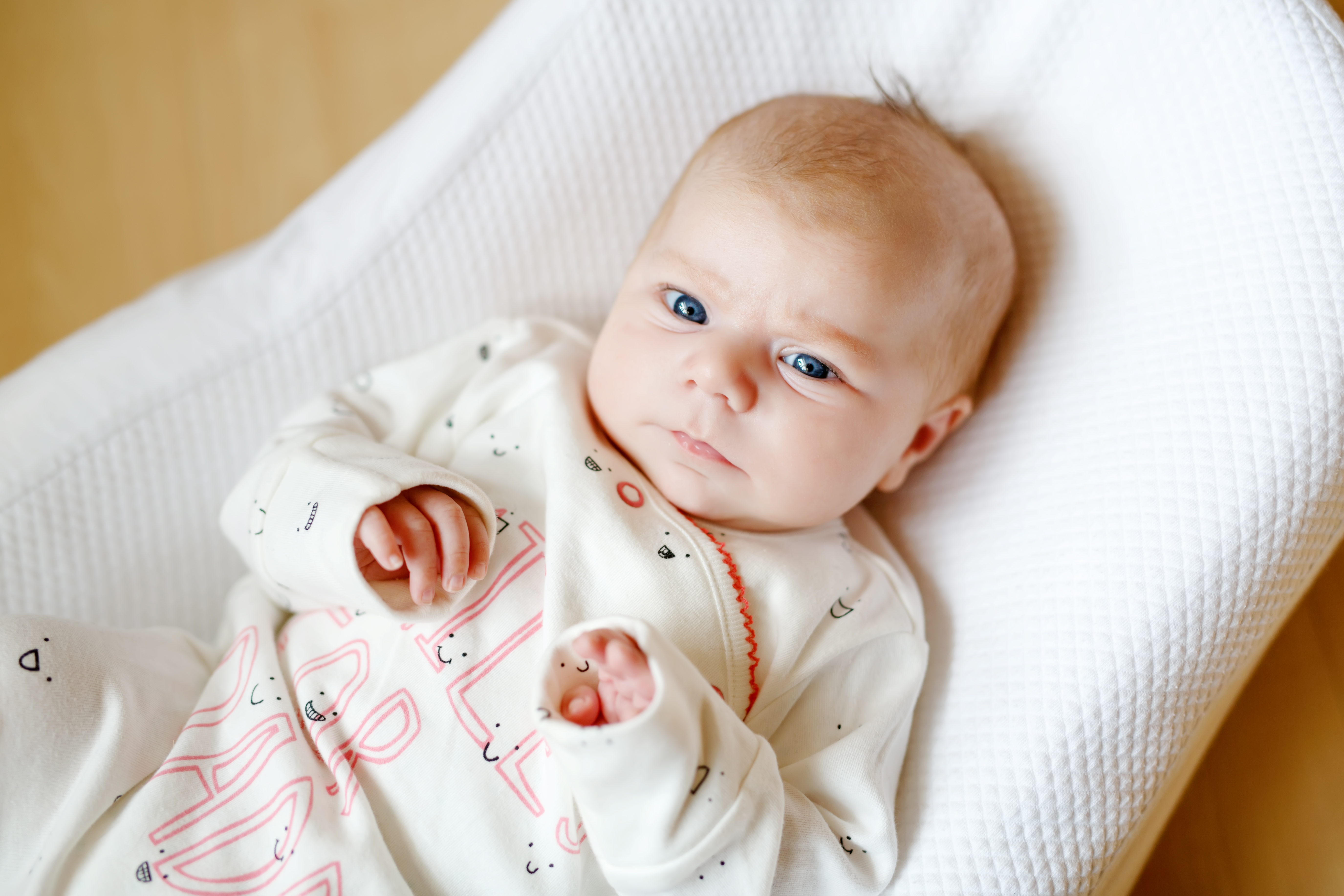
The arrival of our baby brought our family even closer, cementing the bond between Annie and her new cousin. Her support and the transformation in our relationship were nothing short of a blessing.
Through the trials we faced, we found a deeper understanding and appreciation for each other, weaving a stronger fabric of family bonds that held the promise of enduring love and unity.

What do you think? Did I overreact by cutting off the college fund? What would you have done in my shoes? But while you’re thinking about the answer, bear in mind that things did fall into place, eventually. As they say, “All’s well that ends well.”
